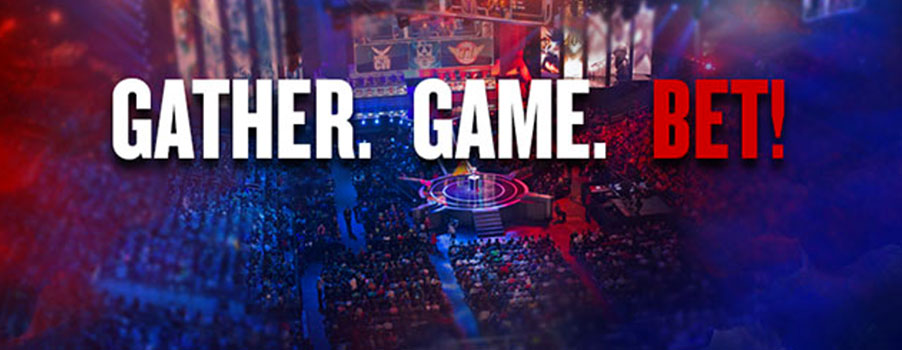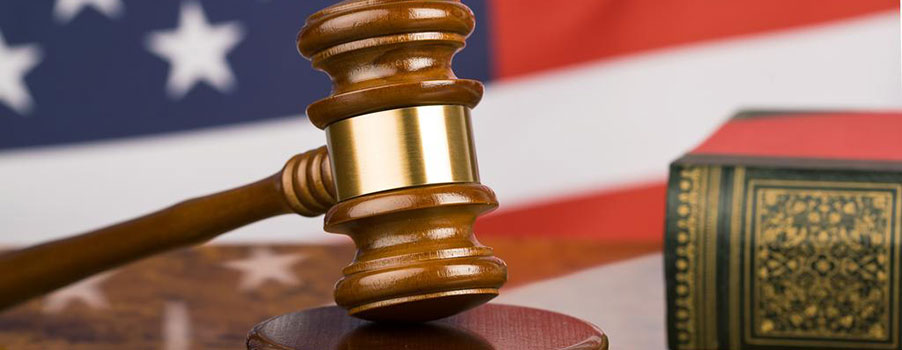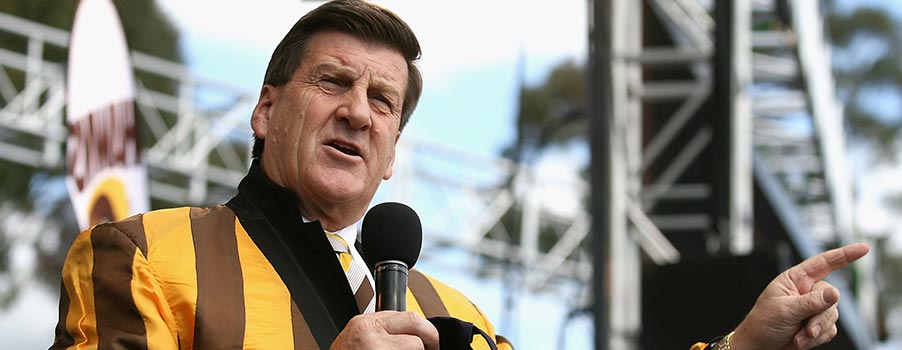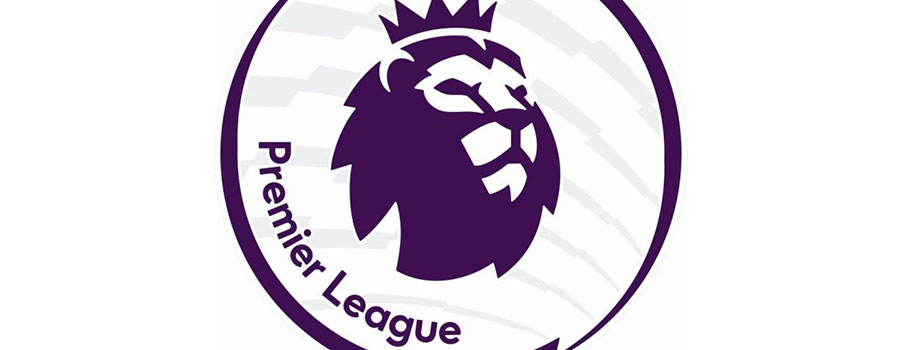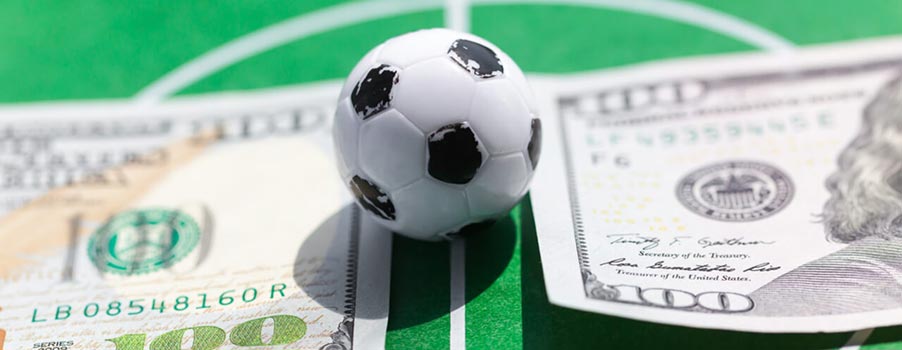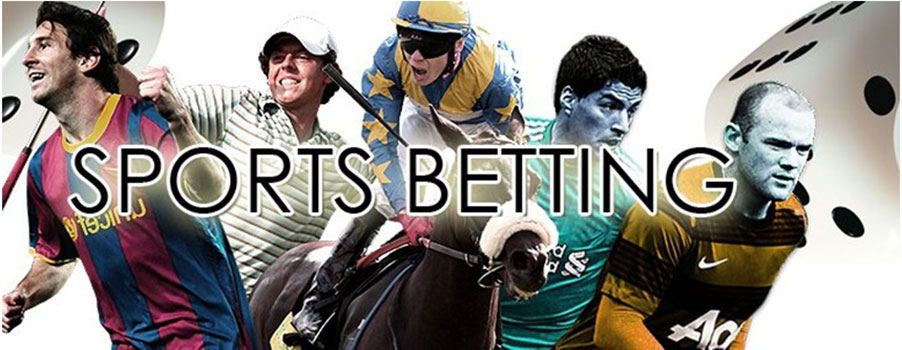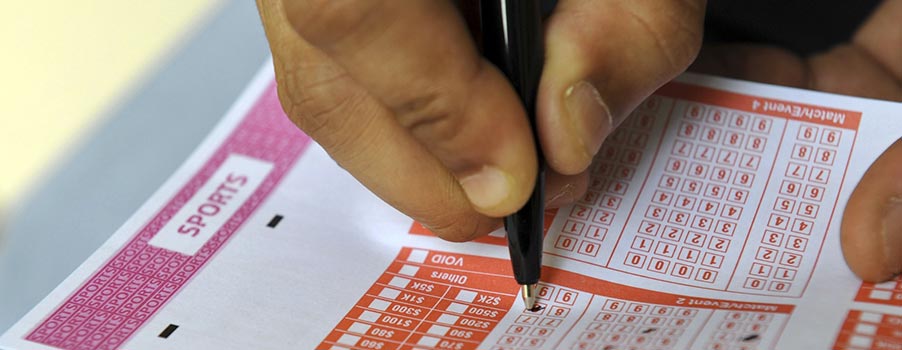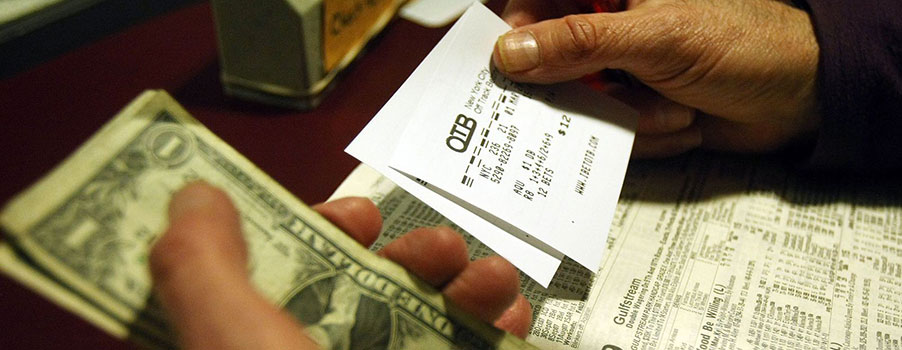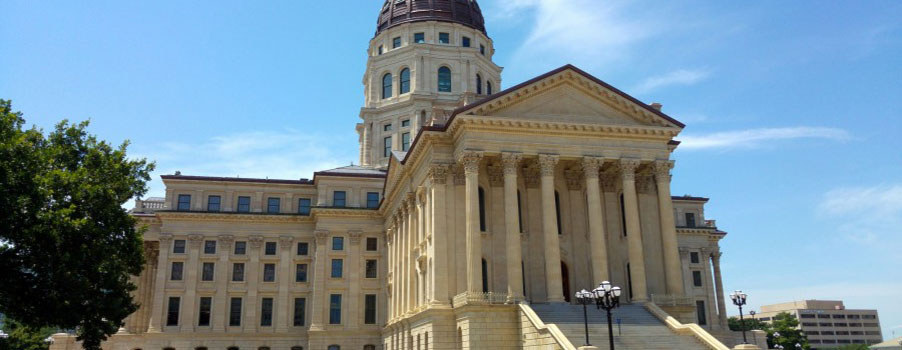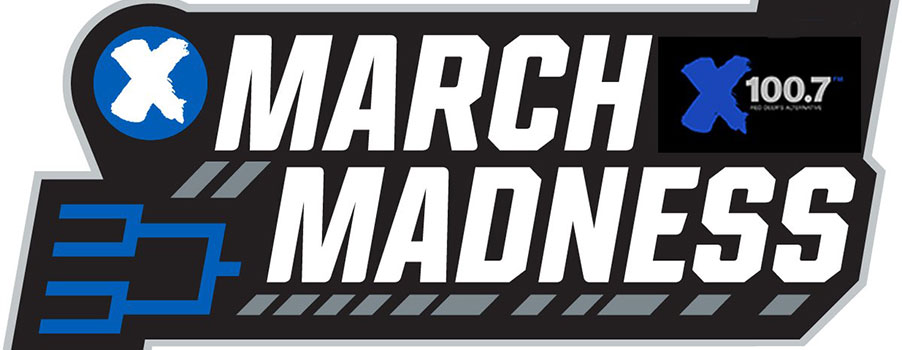On Monday, the United States Supreme court repealed a law that prohibited sports betting with a 6-3 ruling that has finally brought to an end the six-year legal battle over the Professional and Amateur Sports Protection Act (PASPA) of 1992. The ruling effectively opened the doors for legal sports betting in any state that wishes to offer it. However, it does not stop there – the ruling is also now poised to have some major implication for the Esports industry.
While the ruling did not mention Esports specifically, but considering the recent commingling and partnerships of traditional sports and Esports, it is undeniable that the correlation will result in the legalization of Esports betting as well.
“The Supreme Court just struck down the primary law restricting sports betting throughout the US. This will have a profound impact on the Esports industry and we’re so underprepared for it. ~$5B wagered on Esports last year – about to skyrocket,” Bryce Blum, an attorney, and ESG Law founder tweeted.
Clearly, Esports betting is already tremendously lucrative even though the majority of the bets are done illegally. However, the U.S. Supreme Court ruling is expected to give it some legitimacy. Dallas Mavericks owner Mark Cuban believes that the ruling will double the value of Esports franchises overnight the same way it did for the traditional professional sports franchises.
“It doubled the value of the professional sports franchises in a second,” Cuban said. “It will increase interest, it will add to what happens in our arena and in stadiums. It will increase the viewership for our biggest customers online and on TV. It helps traditional television because it’s much lower latency, whereas online, because of cachet, it’s much higher latency.”
At this point, the inevitability of Esports cannot be denied and this puts the industry at a crossroads of some sort: are we going to embrace it or shun it altogether. We can all agree that gambling has its problems for sure but, as it turns, the negative externalities (such as illegal betting) are usually magnified due to the lack of participation of league operators. No one wants that.
“Some of the technologically advanced states will move relatively quickly, but my hope is that there’s a federal approach to it, as opposed to everyone having to deal with each state individually,” Cuban added. “If that’s difficult in the short term, I think it’d be really smart for the commissions from as many states as possible to work together to standardize things because that will enable the most creativity. When each state has its own rules and requirements that jacks up the expense for everybody, which minimizes the entrepreneurial and technology opportunities.”

